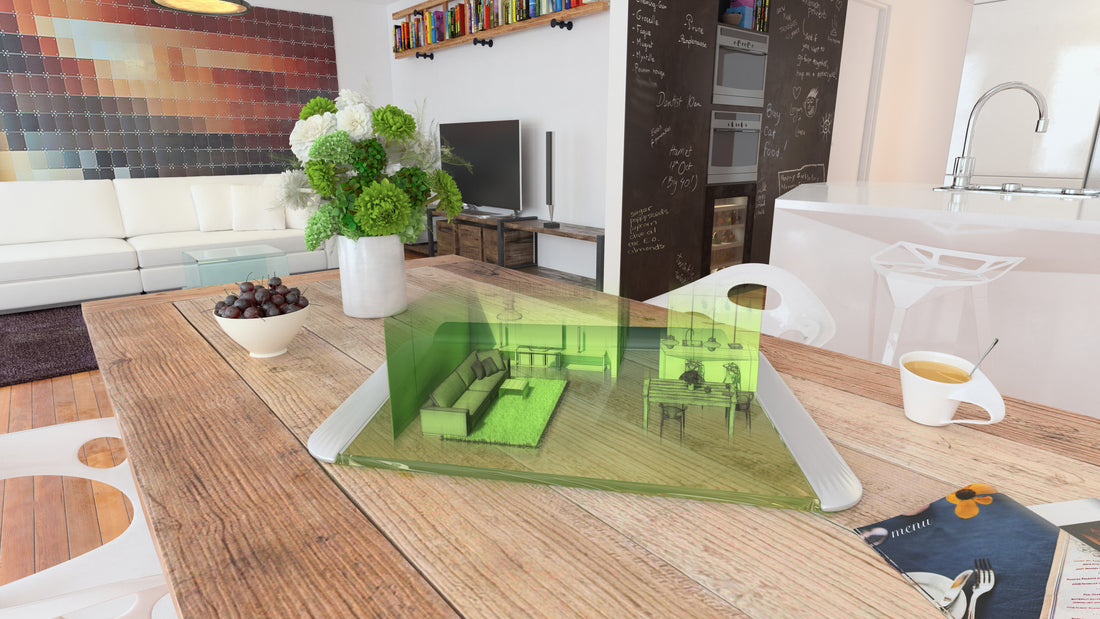The contemporary consumer craves interactivity, immediacy, and immersion. Recognizing this evolution in consumer expectations, brand managers now have a powerful tool at their disposal: Augmented Reality (AR). Integrating the virtual with the real, AR offers an unparalleled platform for consumer engagement, transforming brand narratives into compelling, interactive experiences.
The AR Advantage: Why It Matters for Brand Managers
- Tangible Interactivity: Unlike passive marketing content, AR invites consumers to participate, fostering a deeper connection with the brand.
- Data-Driven Insights: Every AR interaction provides measurable data, allowing brand managers to gauge consumer preferences, behaviors, and engagement levels.
Crafting Immersive Brand Narratives
- Beyond the Two-Dimensional: Traditional marketing restricts storytelling to 2D platforms. AR provides a 3D canvas, bringing brand stories to life.
- Consumer-Centric Storytelling: With AR, narratives can be tailored based on user data, creating a personal storytelling experience for each individual.
Enhancing Product Engagement and Understanding
- Try Before You Buy: From virtual try-ons in fashion to previewing furniture in real space, AR eliminates the guesswork from purchasing decisions.
- Deep Dive into Features: Showcase unique product features, usage guidelines, or backstory in an interactive format, enhancing product understanding.
Unlocking New Marketing Frontiers
- Location-Based Promotions: Integrate AR with geolocation to offer promotions or experiences when consumers are near retail locations or specific landmarks.
- Event Amplification: Elevate events, product launches, or expos with AR experiences, providing attendees with an added layer of interaction.
Enhancing Post-Purchase Experiences
- Interactive User Manuals: Replace traditional product manuals with AR guides, offering consumers an intuitive setup or usage tutorial.
- Loyalty Programs in AR: Develop AR-based loyalty cards or reward systems, encouraging continued brand interaction post-purchase.
Tackling Challenges: Navigating the AR Landscape
- Balancing Tech and Creativity: While AR offers technical brilliance, it's crucial for brand managers to ensure the creative essence isn't lost.
- Data Privacy: Given the data-driven nature of AR, maintaining consumer trust through robust data privacy measures is paramount.
The Future Outlook: Where AR is Headed
- Personalized AR Ecosystems: The next phase of AR may see brands crafting entirely personalized AR worlds for consumers, built on individual preferences and interaction histories.
- AR and the Internet of Things (IoT): As devices become more interconnected, AR will likely play a pivotal role in connecting various touchpoints in a consumer's journey.
Augmented Reality stands as a testament to how technology can be seamlessly integrated into brand management to enrich consumer experiences. By understanding its potential and effectively harnessing its capabilities, brand managers can create a dynamic, interactive, and deeply engaging brand universe, ensuring their brand remains not just seen but truly experienced.
Learn more about how we harness the power of AR for retail campaigns and experiences here.

